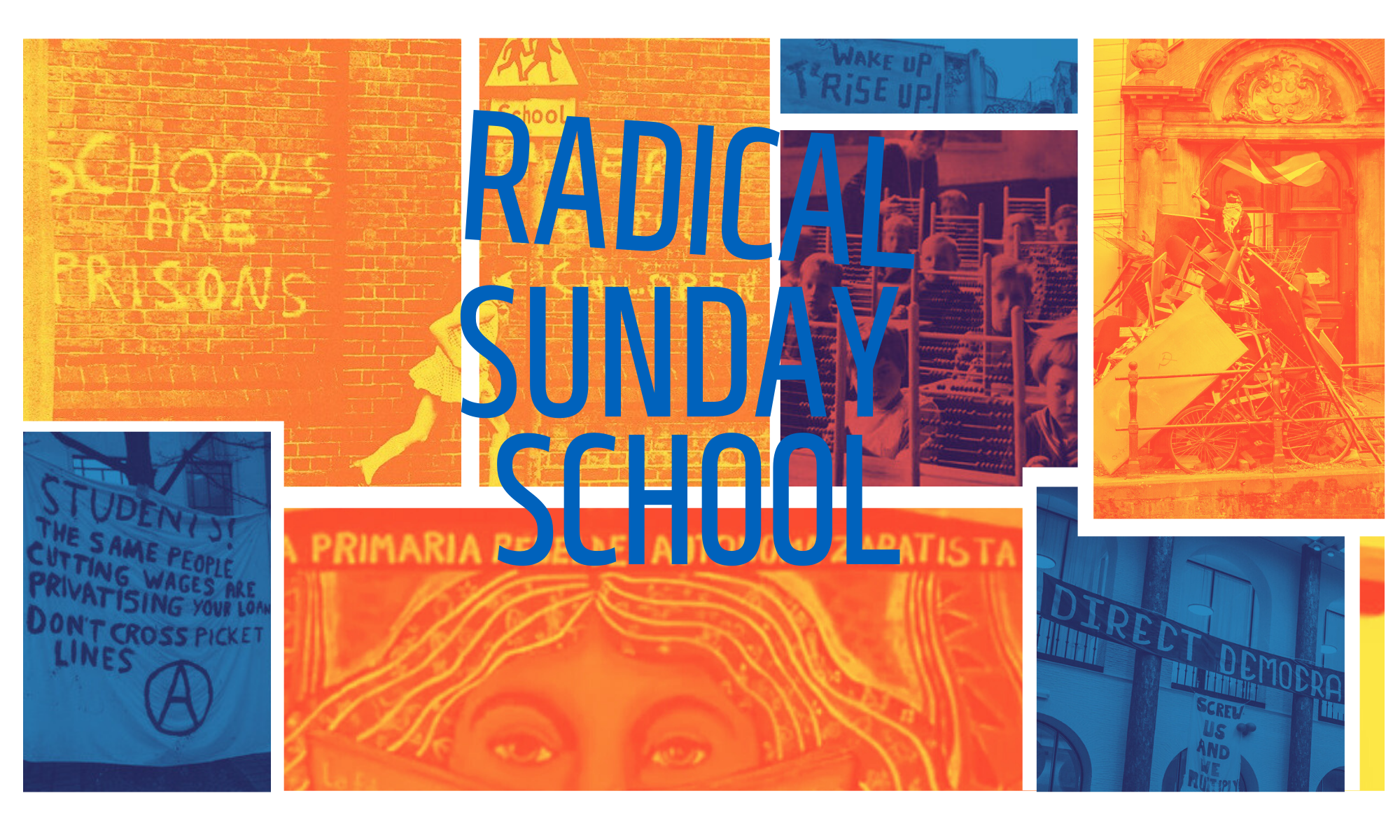The class on commemoration of World War I largely discussed how war memory is typically characterized as a sort of apolitical celebration of terrible suffering suffered long ago. This kind of apolitical representation of it plays right into the state’s (government’s) vested interests in hiding the stories and lives of those who they oppressed in times of war – be they traumatized soldiers, victims of their war crimes, colonized groups they exploited etc. Instead, war is remembered as a unifying struggle which gives a nation its identity through violence suffered.
We then picked apart the three ways of looking at how war memory is commemorated – vertically, horizontally, and scale-based (ways). In the vertical aspects we discussed how race was used as an organizational tool during WWI by the European imperialists (UK, France and USA to name a few) to determine who would fight, and where. We talked about the misrepresentations of race AT THE TIME of WWI and how those (mis)representations get carried into the present in how the war is commemorated. The imperial governments regularly shy away from the gross racism they used to organize the war effort, and broaching the subject could lead to the downfall of their legitimacy, so this aspect is usually covered up.
Our discussion of the ads, recruitment posters and war propaganda showed us just how strong the label of ‘nation’ or ’empire’ was at the time, but the discussion soon touched the present moment where we discussed how the label of ‘nation’ is gradually being replaced by more individual categories like ‘masculinity’, ‘queerness’, ‘sustainability’ and ‘social mobility’ etc. Could this be because of the rise of neoliberal capitalism, which spreads like a virus by pushing individuals into themselves and away from the communities that sustain them? (wink, wink)
The horizontal memory, on the other hand, showed us how war memory is mobilized by governments in the interests of diplomacy and foreign relations. We talked about how France, India, China, New Zealand etc. remember and forget war memories from the Great War era to identify themselves today and relate to other nations. Our discussion also drifted towards the Spanish Civil War, where Anarchists were also involved in these practices of “mass forgetting” (for example, the racism they harboured for Moroccan fascist troops is a memory which still has yet to be reclaimed and criticized).
We also talked about the current situation in Germany and about how theres a drive towards changing how a nation looks at its past, attain mastery over its past and learn from its mistakes etc. They often have economic interests at the core of them, but our discussion on Germany sort of left us with more questions than answers: are nations ashamed of their genocidal pasts? Is that why Germany is so gung-ho about persecuting Palestinian protestors at the moment? Or is there a secret desire to just continuously be at war? This stumped us a bit, so maybe you can help!
Lastly, we talked about the scale-related aspect and about how subaltern memories usually emerge at the urban-level, far away from the centralized government. This happens because local governments don’t have an explicit duty to perpetuate a national narrative on behalf of the nation state. This is usually done by the highest rung of government in its own representation of itself. As a result, subaltern memories emerge in the cracks of the system – the slavery monument in Oosterpark is a good example of this. It shows how the local government helps these memories emerge at the local level so the government can continue perpetuating its active silencing of those very memories at the national level. What is achieved is a complication of the dominant state narrative, but at the local level. But the question is, is this enough?
